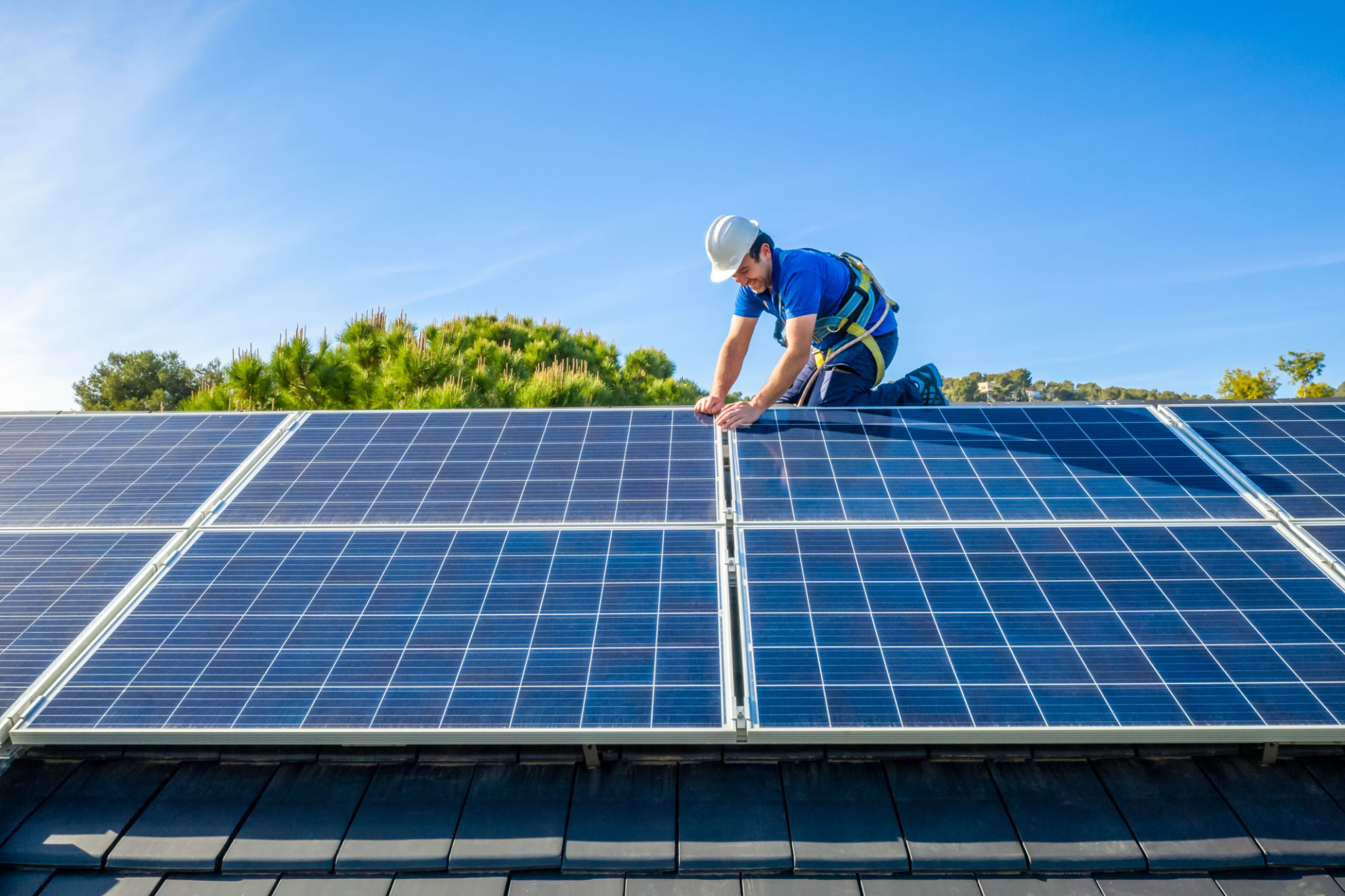The Role of Sustainable Practices in Miami's Construction Industry
Introduction to Sustainable Practices in Construction
The construction industry in Miami is experiencing a transformative shift towards sustainability. As environmental concerns grow and regulations tighten, construction companies are increasingly adopting eco-friendly practices to meet the demands of a greener future. This transition not only benefits the environment but also enhances the economic viability of projects.
Implementing sustainable practices involves a comprehensive approach, including the use of eco-friendly materials, energy-efficient designs, and waste reduction strategies. These efforts are crucial in minimizing the carbon footprint of construction activities and contributing to a healthier urban environment.

Eco-Friendly Building Materials
The choice of building materials plays a significant role in sustainable construction. In Miami, companies are turning to materials that are not only durable but also have a lower environmental impact. Options such as recycled steel, bamboo, and concrete alternatives are becoming popular due to their reduced carbon emissions and resource efficiency.
Moreover, the use of locally sourced materials minimizes transportation emissions and supports the local economy. By selecting materials with a longer lifespan, builders can also reduce the frequency of renovations and repairs, further decreasing environmental impact.
Innovations in Green Technology
Green technology is at the forefront of sustainable construction practices in Miami. Innovations such as solar panels, smart building systems, and energy-efficient HVAC systems are being integrated into new developments to reduce energy consumption. These technologies not only lower operational costs but also enhance the comfort and well-being of occupants.

Energy-Efficient Designs
Energy-efficient designs are becoming a staple in Miami's construction projects. Architects and engineers are focusing on incorporating natural light, optimizing insulation, and using renewable energy sources to create buildings that consume less energy. These designs contribute significantly to reducing utility bills and conserving natural resources.
Furthermore, implementing passive solar design techniques, such as strategically positioning buildings to maximize sunlight exposure during winter while minimizing it during summer, can greatly enhance energy efficiency without additional costs.
Waste Reduction Strategies
Waste management is another critical aspect of sustainable construction. In Miami, builders are embracing strategies like recycling construction debris, repurposing materials, and implementing efficient waste sorting systems on-site. These practices not only reduce landfill waste but also lower disposal costs.

The Economic Benefits of Sustainability
Adopting sustainable practices in construction offers significant economic benefits. Energy-efficient buildings often qualify for tax incentives and rebates, reducing overall project costs. Additionally, sustainable buildings typically have higher property values and attract more environmentally conscious buyers and tenants.
Moreover, by investing in sustainable practices, construction companies can differentiate themselves in a competitive market, enhancing their reputation and attracting new business opportunities.
The Future of Sustainable Construction in Miami
As Miami continues to grow, the importance of sustainable construction will only increase. With climate change impacts becoming more pronounced, integrating resilience into building designs through sustainable practices will be essential for the city's long-term sustainability.
In conclusion, the role of sustainable practices in Miami's construction industry is pivotal. By embracing eco-friendly materials, innovative technologies, energy-efficient designs, and waste reduction strategies, the industry can significantly reduce its environmental impact while promoting economic growth and resilience.
